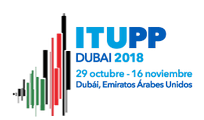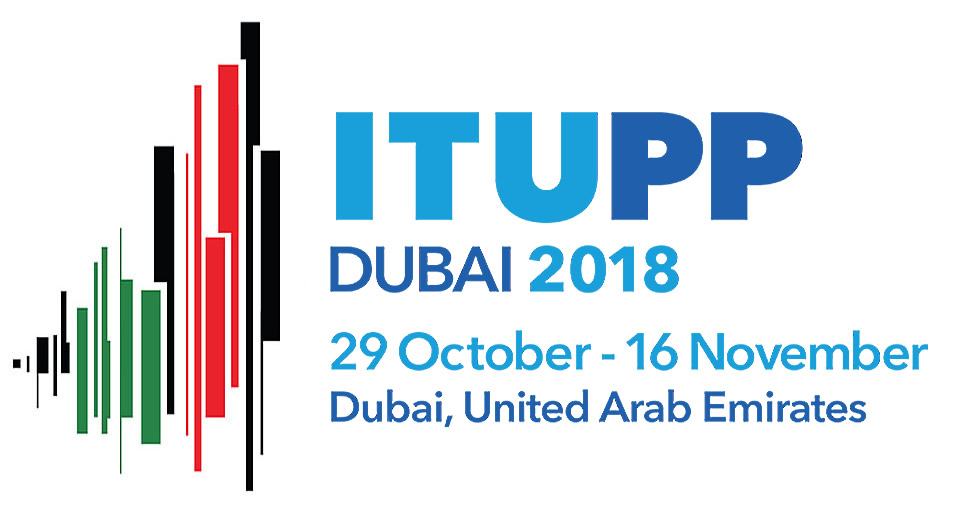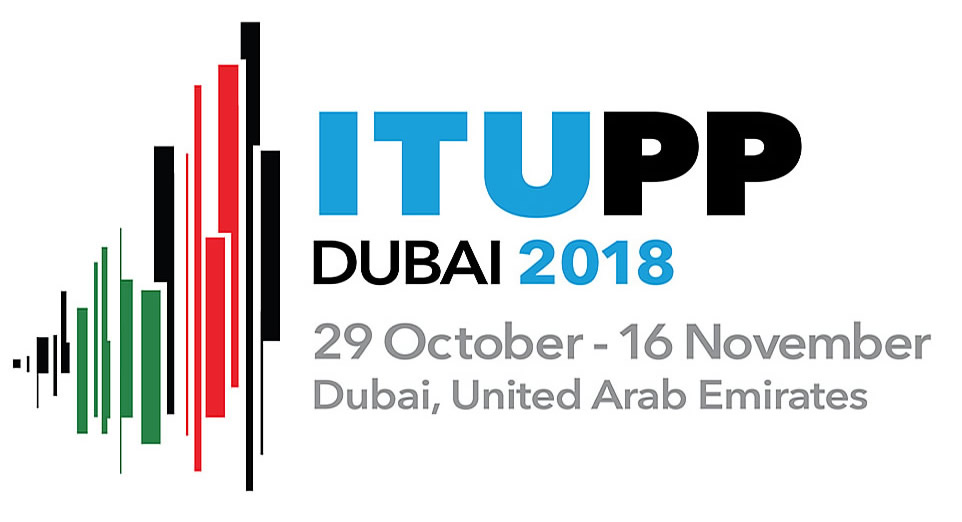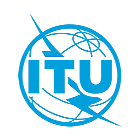Dear Mr Chairman.
Secretary-General of the ITU,
Honorable Ministers,
Excellences,
Distinguished delegates,
Ladies and gentlemen
It is my great pleasure and honor to be here, on Plenipotentiary Conference of ITU and on behalf of the Government of Georgia, I would like to express our gratitude and appreciation to the Government of United Arab Emirates for the warm welcome and for the excellent organization of this important Conference.
A highly developed Information and Communications Technologies are strong tools for building an information society and for development of Digital Economy.
Considering the fact that usage of the ICTs and internet became an inseparable part of our everyday life, it is very important to promote the development of broadband infrastructure to bridge the digital divide between the urban and rural areas on one hand and between the regions worldwide on the other.
In order to overcome the digital divide in the country, in 2016 the Government of Georgia approved a state program on “broadband infrastructure development in Georgia”, which aims to build the fiber-optic infrastructure, establish open access points and extend broadband coverage in areas, that are deemed unprofitable. This includes areas where there is no incentive for commercial operators to invest in and accelerate the deployment of high-speed fiber-optic networks. The main objective of the project is to meet the growing demand of the population on electronic communications broadband services at an affordable price, to maximize the potential of ICTs in order to stimulate innovation, growth, and improve the daily life for both, citizens & businesses.
On another hand, the Government of Georgia supports the development of the community networks. As a result, of close cooperation with the stakeholders, non-governmental organizations, civil society and donor organizations, one of the mountainous region – Tusheti, was covered by high speed internet. The project was recognized as a very good example of the Public-Private Partnership. Second similar project is ongoing.
Notably, one of the biggest challenges for the Government of Georgia is strengthening the transit function of the country and formation of information exchange hub in the region with its high capacity fiber-optic backbones, linking Georgia to the neighboring, as well as to the European and Asian countries. This will help tremendously with overcoming the existing digital divide between the regions, and with achieving the UN Sustainable Development Goals (SDGs).
Due to several legislative changes in the law of Georgia “on Electronic Communications”, which were related to technologic neutrality, Georgian mobile operators were given the opportunity to start providing 4G broadband services. Accordingly by the end of 2017, 99.7% of population in Georgia was covered by 4G internet and 99.9% - by 3G internet.
In recent years, the Government of Georgia has conducted successful reforms to develop a knowledge-based and an innovation-driven economy. To this end, the Government of Georgia initiated training programs in Information Technologies and digital literacy for IT specialists.
Ladies and gentlemen,
Last but not least, I’d like to draw your attention to the regretful fact that violation of the fundamental norms and principles of international law continues in the 21st century, as a result the Government of Georgia is deprived of the possibility to exercise its legitimate jurisdiction over the entire territory of Georgia within its internationally recognized borders in inseparable territories of Georgia - occupied Abkhazia and Tskhinvali region/South Ossetia, which endangers the normal functioning and development of the networks and facilities of Telecommunication and Information Technology on the whole territory of Georgia.
The international community must stand together and stand strong in support of the principle of sovereign equality of states and the inviolability of their internationally recognized borders, Georgia follows to basic principles of the ITU Convention, Constitution and Regulations and is ready to cooperate with ITU and its Member States for the development of ICTs to the relevant level.
In conclusion, I would like to thank entire ITU team for this perfect work performed. I wish you all success on your further activates.
Thank you for your attention.
Ministry of Economy and Sustainable Development of Georgia
Eka Kubusidze






